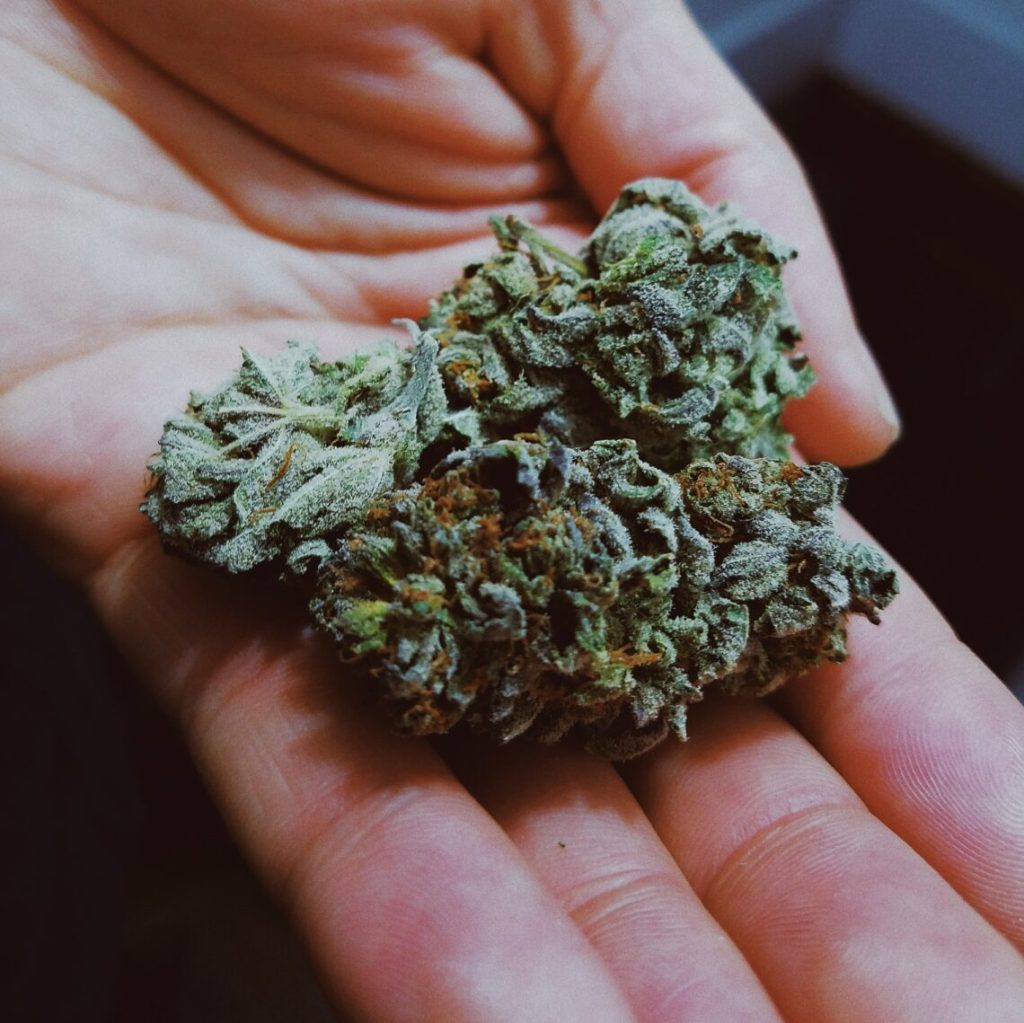
When we think about cannabis use history and its most ardent supporters, we most likely think about men.
Plenty of famous gentlemen throughout history have shared their enthusiasm for indulging in a little bit of the green herb. But of course, tons of women throughout history have used cannabis. And just like with men, they consumed cannabis for a variety of reasons – for health, curiosity, out of sheer boredom, and for fun.
So who are these daring women who many modern-day cannabis consumers can thank for their bravado? Keep reading to see for yourself.
1. Hildegard Von Bingen
Hildegard Von Bingen may not be a common historic name. But you’re sure to remember her after reading about her.
Von Bingen was a German nun during the Middle Ages with a sincere interest in herbal medicinal remedies. (See where this is going?!)
She wrote a health guide in the 12th century in which she wrote about cannabis and its healing properties.
Von Bingen believed ingesting the cannabis derivative hemp could cure headaches. She also claimed that applying a hemp salve to wounds could promote faster healing.
It goes without saying, she was a lady ahead of her time!
2. Queen Victoria
It may come as a shock that the queen who reigned during one of England’s most notoriously conservative eras was in fact a cannabis fan. But all signs point to yes on this one.
Queen Victora was given cannabis by her personal physician to ease menstrual cramps. Historians also believe she may have also used chloroform to ease the pain when giving birth to her son.
It may be fair to deduce, then, that the queen tried cannabis for its pain-reducing abilities. But then, perhaps she stuck with it for its psychotropic properties.
3. Louisa May Alcott
Louisa May Alcott is the celebrated 19th-century author of Little Women.
It is also believed she may have enjoyed one of cannabis’s strongest strains – hashish. Why do people think this?
Because the author wrote about it very vividly in another novel, Perilous Play.
Her obvious enthusiasm for the subject matter left literary historians with one serious question. Was the author writing from a place of personal experience or is this a case of artistic license?
4. Isak Dinesen
Isak Dinesen was a popular Danish author who wrote famous tomes such as ut of Africa and Babette’s Feast.
She was also known to hang out with luminous contemporaries like Arthur Miller, Marilyn Monroe, Timothy Leary, and Aldous Huxley.
Dinesen was a vocal proponent of marijuana and was keen on experimenting with various strains and formats.
5. Katina Morales
Long-distance runner Katina Morales is a modern athlete turned businesswoman who has put cannabis at the center of her professional world.
After a photo surfaced of her embracing a bong, Morales was fired from her graduate position at a university in Florida, in a state known for its conservative views.
She explained that cannabis helps in her post-run recovery and refused to back down from her marijuana enthusiasm. Morales has since started her own line of edibles, Betty Khronic, which are cannabis-infused energy bars.
6. Margaret Mead
Margaret Mead was a mid-century American anthropologist who was a very vocal antagonist of the war on drugs.
Mead was a cannabis user who believed its illegality was stupid and dangerous. Since cannabis can provide various medical benefits, why stamp it as an illegal substance?
Such was Mead’s stance, for which the mainstream mocked her mercilessly. Nowadays, of course, it’s clear Mead was rather ahead of her time, like the other women on this list.
7. Maya Angelou
Maya Angelou is the acclaimed poet, author, and Civil Rights activist who wasn’t shy about chronicling her cannabis use.
She first encountered marijuana at a dinner party in the 1960s and fell in love with how it made the food and the sensation of eating so memorable.
Angelou continued to consume cannabis from this point on, saying it helped to fuel her noted creativity.
Conclusion
This article discusses just a few legendary women who either openly or privately enjoyed cannabis.
Their cannabis use is typically not what made them celebrated, but it certainly does add to their mystique.
And it’s something cannabis enthusiasts of today, of any gender, can respect and appreciate.








